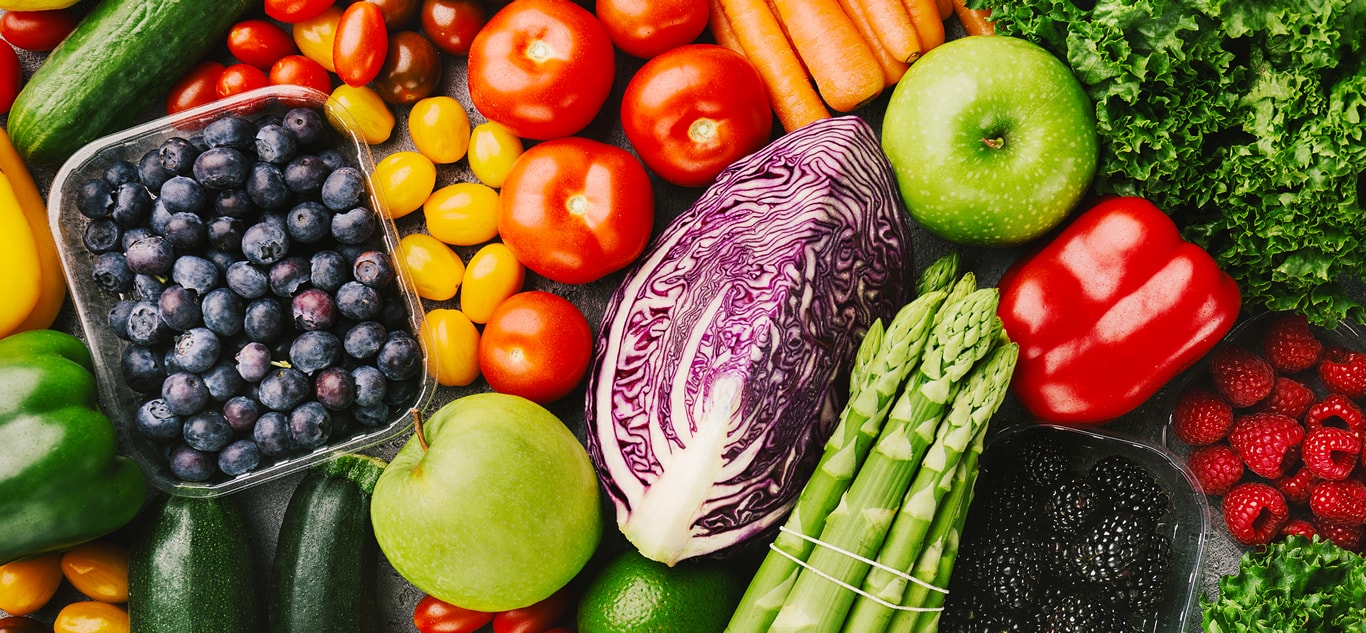Halal Food Testing

OIC/SMIIC 35: Halal Food Analysis Standard
When it comes to halal certification, it should not only refer to compliance with religious rules, but also encompass food safety and quality standards. In this context, the OIC/SMIIC 35 standard ensures that halal food analyses are conducted using internationally recognized scientific methods and provides guidance for certification processes.
Halal food standardization is becoming increasingly important worldwide, not only for Muslim consumers but also in terms of food safety and quality management. Developed by the Organization of Islamic Cooperation (OIC) and the Standards and Metrology Institute (SMIIC), the OIC/SMIIC 35 standard aims to ensure that halal food analyses are scientifically grounded and internationally recognized. We will examine what OIC/SMIIC 35 is, its scope, its impact on the halal food sector, Nanolab's halal testing activities within its accreditation scope, and its relationship with the ISO/IEC 17025 standard.
What is OIC/SMIIC 35?
The purpose of the OIC/SMIIC 35 standard is to standardize the methods used in the analysis of halal food. It is a standard that ensures the transparency, scientific validity, and reliability of laboratory tests used to determine halal food. It specifically regulates the analysis methods used to detect non-halal substances such as pork derivatives and alcohol.
OIC/SMIIC 35 is used not only in halal certification processes but also as a guide for the export and import of halal products. This creates a more reliable system for producers, regulators, and consumers.
Scope of the OIC/SMIIC 35 Standard
The OIC/SMIIC 35 standard covers a wide range of areas, including food production and laboratory processes, ensuring that the sector operates in compliance with international standards. The documentation systems established within this framework require the proper determination of analytical testing methods for halal food products and the approval of laboratories by independent accreditation bodies.
In Turkey, the compliance of testing laboratories with the OIC/SMIIC 35 standard is ensured through accreditation processes provided by the Halal Accreditation Authority (HAK). Producers seeking halal certification are required to have their products tested in laboratories accredited by HAK.
However, it is not sufficient for laboratories to be accredited solely according to the OIC/SMIIC 35 standard; they must also obtain accreditation in accordance with the TS EN ISO/IEC 17025 standard. Therefore, laboratory accreditation plays a critical role in halal certification processes.
Contributions of OIC/SMIIC 35 to the Halal Food Sector
1. International Reliability OIC/SMIIC 35 enhances reliability in international trade by establishing a common language for halal food analysis. In particular, it minimizes problems arising from differences in halal food criteria between countries.
2. Consumer Confidence
Consumers have greater confidence in halal-certified products, knowing they have been tested using scientific methods. OIC/SMIIC 35 supports this confidence through transparent and verifiable analysis methods.
3. Competitive Advantage
One of the greatest advantages of this standard is that it creates a common language in global trade by unifying different halal standards across countries. Companies seeking halal certification can gain a stronger position in international markets by complying with OIC/SMIIC 35. Additionally, this standard enhances consumer confidence in halal-certified products, providing a competitive advantage for brands.
4. Food Safety
The absence of haram substances in halal foods also increases compliance with food safety standards. This encourages a wider consumer base to choose halal products.
What Do We Do Within the Scope of OIC/SMIIC 35 Halal Food Analysis?
As Nanolab Laboratories Group, we have a wide accreditation scope under the OIC/SMIIC 35 standard. The tests included in our scope are as follows:
- Microbiological analyses: Detection of pathogens and hygiene indicators in food, feed, and environmental surface samples
- Molecular biological analyses: GMO screening and species identification (pig, horse, donkey, chicken, etc.) in food and feed
- Mycotoxin analyses: Detection of harmful toxins such as aflatoxin, ochratoxin, DON, ZON, and fumonisin.
- Additive analyses: Detection of banned dyes such as carmine used in food fraud and banned preservatives and sweeteners according to the TGK Food Additives Regulation.
- Residue analysis: Detection of pesticide residues, veterinary drugs, and polycyclic aromatic hydrocarbons.
- Element analysis: Detection of metals and minerals using ICP-MS method
- Counterfeit and adulteration analyses: We prevent food fraud using classical and instrumental methods.
The Importance of Halal Food Analysis
OIC/SMIIC 35 provides great convenience for both producers and consumers by ensuring that halal food analyses are carried out in accordance with international standards. This standard not only meets religious requirements but is also considered an important step in terms of food safety and quality management. For companies operating in the halal food sector, compliance with this standard is one of the most effective ways to enter international markets and increase consumer confidence.
Why Nanolab?
As Nanolab Laboratories Group, we are an accredited organization by the Halal Accreditation Authority under the OIC SMIIC 35 standard with file number 2024-045. We offer comprehensive accredited analysis services, from microbiology to chemistry, and from additive analysis to DNA typing, providing solutions to all producers seeking halal certification.
Don't overlook the importance of compliance with OIC/SMIIC 35 standards to strengthen your brand in the global market! Contact us for your analysis requests.

